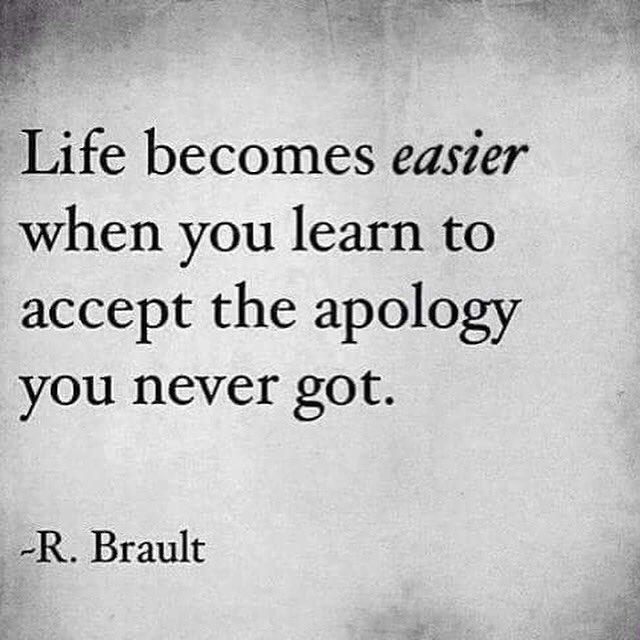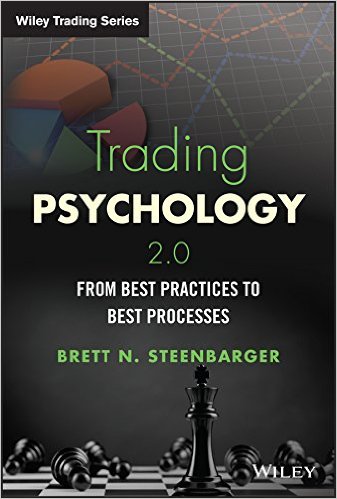
Soros On Volatility


How you trade after you’ve made money versus after you’ve lost money: Do you trade more? Larger? Do you trade differently based on recent P/L? Do you become risk averse after recent losses? Does that affect your future P/L?
* How do you trade when you’re taking more risk versus less risk? Does different size/risk exposure cause you to trade differently? Are you actually making more money when you’re taking more risk?
* What kinds of markets and market patterns provide you with your greatest profits? Losses? Do you trade selectively to maximize your best opportunities? Do you overtrade markets that are not ones providing you with opportunities?
* What is your ratio of winning to losing trades? What is the ratio of the size of average winners to the size of average losers? How successful have you been in finding large winners? In preventing large losers?
Many times, our greatest biases and psychological mistakes come through when we thoroughly review performance. The decision to not review performance is perhaps traders’ greatest bias blind spot.




 Being a professional trader requires a great deal of energy. Like all professionals, there will be times when you are expected to perform at a high level when you feel less than at the peak of your powers. Psychological and physiological effects of family crises and personal health problems, for example, can trigger fatigue and cloud your judgment. However, the most common cause of fatigue or burnout is overtrading. (more…)
Being a professional trader requires a great deal of energy. Like all professionals, there will be times when you are expected to perform at a high level when you feel less than at the peak of your powers. Psychological and physiological effects of family crises and personal health problems, for example, can trigger fatigue and cloud your judgment. However, the most common cause of fatigue or burnout is overtrading. (more…)
 1. Discipline, while necessary for success, is never sufficient. Discipline does not substitute for skill, talent, and insight. Strict, disciplined adherence to mediocre plans can only lock in mediocre results. If it were otherwise, there would be no losing automated trading systems.
1. Discipline, while necessary for success, is never sufficient. Discipline does not substitute for skill, talent, and insight. Strict, disciplined adherence to mediocre plans can only lock in mediocre results. If it were otherwise, there would be no losing automated trading systems.
2. It is not enough to find an “edge” in financial markets; as any tech entrepreneur can attest, competitive advantages are perishable commodities. Those who sustain success continually renew themselves, uncovering fresh sources of competitive advantage. That requires processes for assessing and challenging our most basic assumptions and practices. It takes a good trader to create success, a great one to recreate it. Nothing is quite as difficult— and rewarding— as letting go of what once worked, returning to the humble status of student, and arising phoenix-like from performance ashes.
3. This productivity is readily apparent on a day-to-day, week-to-week basis: The greats simply get more done than their colleagues. They organize their time and prioritize their activities so that they are both efficient (get a lot done per unit of time) and effective (get the right things done). How much time do we typically waste as traders, staring unthinkingly at screens, chatting with people who offer little insight, and reading low-priority/ information-poor emails and reports? The successful traders invariably are workhorses, not showhorses: They get their hands dirty rooting through data and make active use of well-cultivated information networks.
4. Successful traders I’ve known work as hard on themselves as on markets. They develop routines for keeping themselves in ideal states for making trading decisions, often by optimizing their lives outside of markets.
5. This, for me as a psychologist, has been one of the greatest surprises working with professional money managers: The majority of traders fail, not because they lack needed psychological resources but because they cannot adapt to what Victor Niederhoffer refers to as “ever-changing cycles.” Their frustration is a result of their rigid trading, not the primary cause. No psychological exercises, in and of themselves, will turn business around for the big-box retailer that fails to adapt to online shopping or the gaming company that ignores virtual reality. The discipline of sticking to one’s knitting is destined for failure if it is not accompanied by equally rigorous processes that ensure adaptive change. (more…)